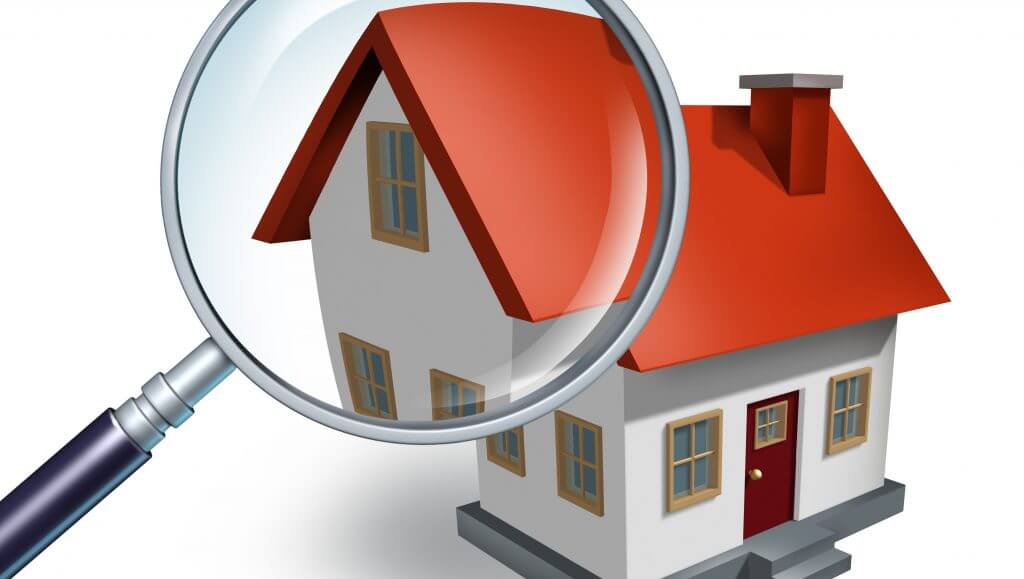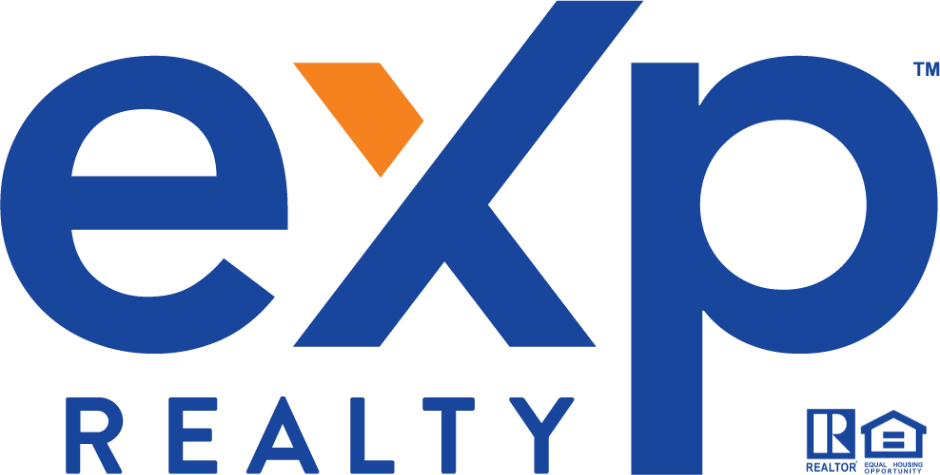First-time homebuyers are on an exciting journey!
It’s tempting to start shopping houses online, but before you find a home you love, there are some things you should know about your real estate transaction, including closing costs, which could add thousands of dollars to your total, above and beyond the sales price of the house.
What Are Closing Costs for Buyers?
When people use the phrase “closing costs,” it’s a term to envelop the fees for service providers and clerical work during your transaction.
There’s an entire team working on your behalf to close the deal on your new house. You won’t pay any of those costs upfront, but you will need to pay them at closing when you take ownership of your new home.

How Much are Closing Costs?
The amount of closing costs is the obstacle many first time home buyers face when understanding the home buying process.
You may know you’ll need a 20 percent deposit on the home you’re buying. You’ll also need funds set aside to the tune of two to three percent for an earnest money deposit, which you do pay up-front as a commitment to the seller. That money doesn’t go to the seller but is held in an escrow account until closing.
On top of your initial deposit and earnest money deposit, you’ll need to figure out how much you’ll need for closing costs.
Closing costs can be anywhere from one to eight percent but typically runs between three and five percent. Estimating on the high side of five percent, if you purchased a home worth $300,000, you could expect to pay an additional $15,000 in closing costs.
Paying Cash for Closing Costs
In most cases, the buyer pays closing costs in cash at the closing table. However, some particular loans and programs may assist with lowering or paying all of your closing costs.
Each lender has unique terms and conditions, and occasionally, those conditions allow room for you to roll your closing costs into your home mortgage loan.
The downside to incorporating your closing costs into your home mortgage loan is that you not only pay higher interest, but you’re paying that interest over the life of the loan.

Why the Buyer Pays Closing Costs
It’s true that the buyer pays a hefty chunk of change for closing costs, but the truth is, so does the seller.
The buyer pays for anything related to the property while the seller pays real estate agent fees and other expenses.
Negotiating Closing Costs
In some situations, it’s possible to negotiate closing costs with the seller. When the conditions are right, a seller may agree to pay part or all of your closing costs from the proceeds of the sale.
But negotiating closing costs can be tricky, depending on the market, and whether or not there are competing offers.
In a buyer’s market, you might have the option to work with the seller on closing costs. A buyer’s market is a situation when there are more houses than there are people out house-hunting.
Sellers may be more willing to compromise. However, if there’s a competing offer, one that doesn’t ask for that allowance, the seller might choose that offer instead.
In a sellers’ market, there are few sellers and too many buyers. Sellers can be selective with their options. In a sellers’ market, there are usually multiple offers. The chances of getting a seller to pay closing costs isn’t likely.
Ask your real estate agent if negotiating closing costs is a good idea for your situation.

How Lenders Influence Closing Costs
It’s a good idea to research lenders to see which one has the best rates, terms, and conditions for you. It’s the lender who will provide you with an estimate of closing costs when your home mortgage application is approved.
Then, three days before the closing, you’ll receive a statement of actual closing costs. These are called loan estimates and closing disclosures.
The lender requires several steps and processes, such as having the house appraised, inspected, possibly surveyed, as well as a title check to make sure the property can be legally sold, meaning it has no liens attached.
Each lender estimates those costs differently, and charge different rates for things such as in-house loan officers and underwriters.
Some lenders may require you to pay several months’ worth of homeowners’ insurance and property taxes or may require additional insurance like flood insurance.
Another insurance you may have to prepay is private mortgage insurance – or PMI. Private mortgage insurance protects the lender if you default on payments.
Title insurance protects you as well as the lender in a situation where the title of the house is contested after you’ve closed and taken ownership.
The lender estimates all of these fees – and each lender’s closing costs will vary.
Here are some lender fees you may encounter:
• Application fee
• Credit check fee
• Loan processor fee
• Underwriter fee
• Attorney fees
• Escrow fees
• Courier fees
• Assumption fee, if you’re taking over the owners mortgage
• Rate lock fee, if you’ve chosen a fixed-rate loan
• Discount fees or prepaid interest
Additional Closing Costs
Appraisal: The bank wants to ensure that the property you’re buying holds the same value as what you’re borrowing, so they send an appraiser to the house to assess its condition, how its aged, and how it compares to other homes in the area.
Inspection: Your lender also wants to know that the home you’re purchasing is structurally sound. An inspector checks the foundation, roof, electrical, plumbing, heating and air, and checks for pests.
Survey: Not always, but in some situations, property lines may be in question. If the property lines are not clearly defined, a surveyor determines where the property lines are located.
Title Check and Transfer: Before you can take ownership of your new home, the title has to be cleared and transferred.

Your Real Estate Agent has the Answers You Need
Your professional real estate agent has a wealth of knowledge about closing costs. If you have an agent before you’ve applied for your home mortgage loan, you have the advantage of consulting your agent not only about what closing costs are and how you can estimate those costs, but also ways that you may be able to save money.
Conclusion
As a buyer, if you’ aren’t prepared to pay closing costs, you could find your dreams of homeownership deflated if you don’t have the cash to close.
Closing costs are expensive; they add up in the thousands.
Compare lenders and ask in advance about that lenders standard closing cost estimates.
Look into specific loans and programs that may lessen your costs, eliminate them, or roll them into your home mortgage loan.
Ask your real estate agent if it’s a good idea to try to negotiate closing costs with the seller.
Trust your real estate agent to guide you through the closing process, and ask him or her to explain in detail what costs you’ll be paying, to whom, and when.
Have Questions? Ask The Incorvaia Team!
The Incorvaia Team is the best source of information about the local community and real estate topics. Give us a call today at 440-879-7130 to learn more about local areas, discuss selling a house, or tour available homes for sale.



